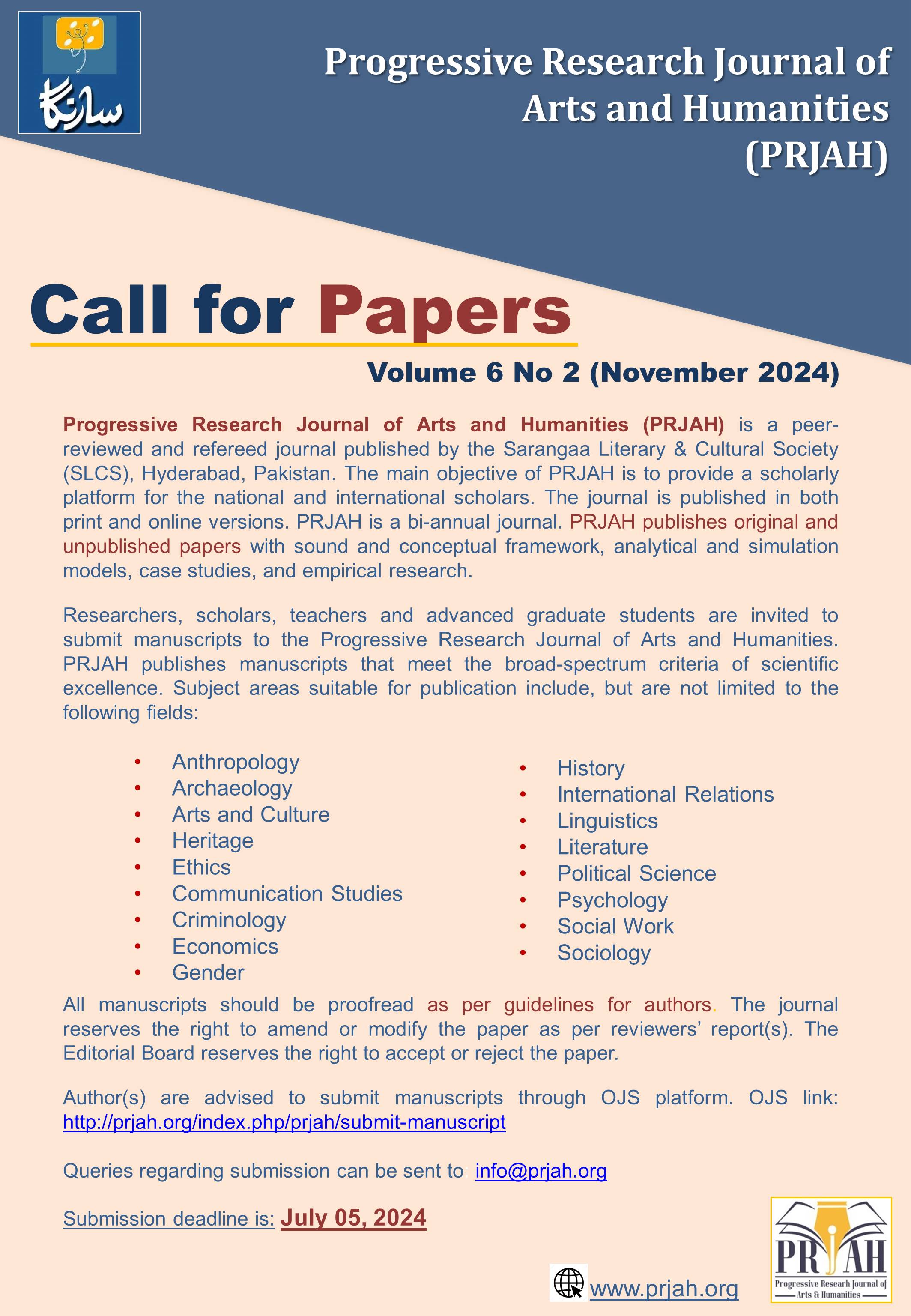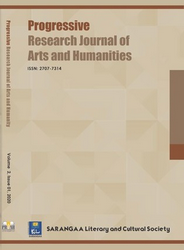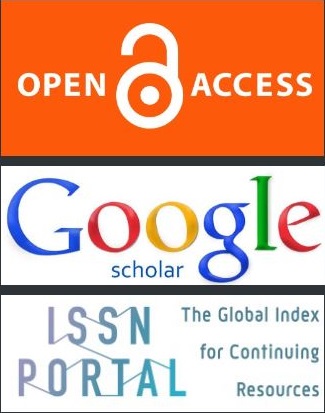Gendered Social Capital Guiding Women Career Planning: A Quantitative study at University of the Punjab
DOI:
https://doi.org/10.51872/prjah.vol3.Iss1.91Keywords:
Social Capital; Gender; Career Planning; Informal Networks.Abstract
Social capital is manifested through the relationships and networks that the human species own. Further, it is strengthened with trust and reciprocity. It inculcates the value of helping each other based on the principle of ‘Mutually Beneficial Actions’. Various actors and agents play their roles in producing the social capital, yet women play the most vital role in its production due to their domestic chores, more frequent engagement with family and neighborhood. Thus, it is an essential to know that if she takes an equivalent benefit from the social capital. The primary objective of the present research determines out the role of social capital in women’s career planning. The informal social networks, family, friends, and neighborhood are selected to the social capital. In the meantime, 150 female respondents from the University of the Punjab were selected using the non-probability convenience sampling technique from the final year of the Masters and Bachelors program. The findings of the study showed as the positive relation of social capital with career planning.







